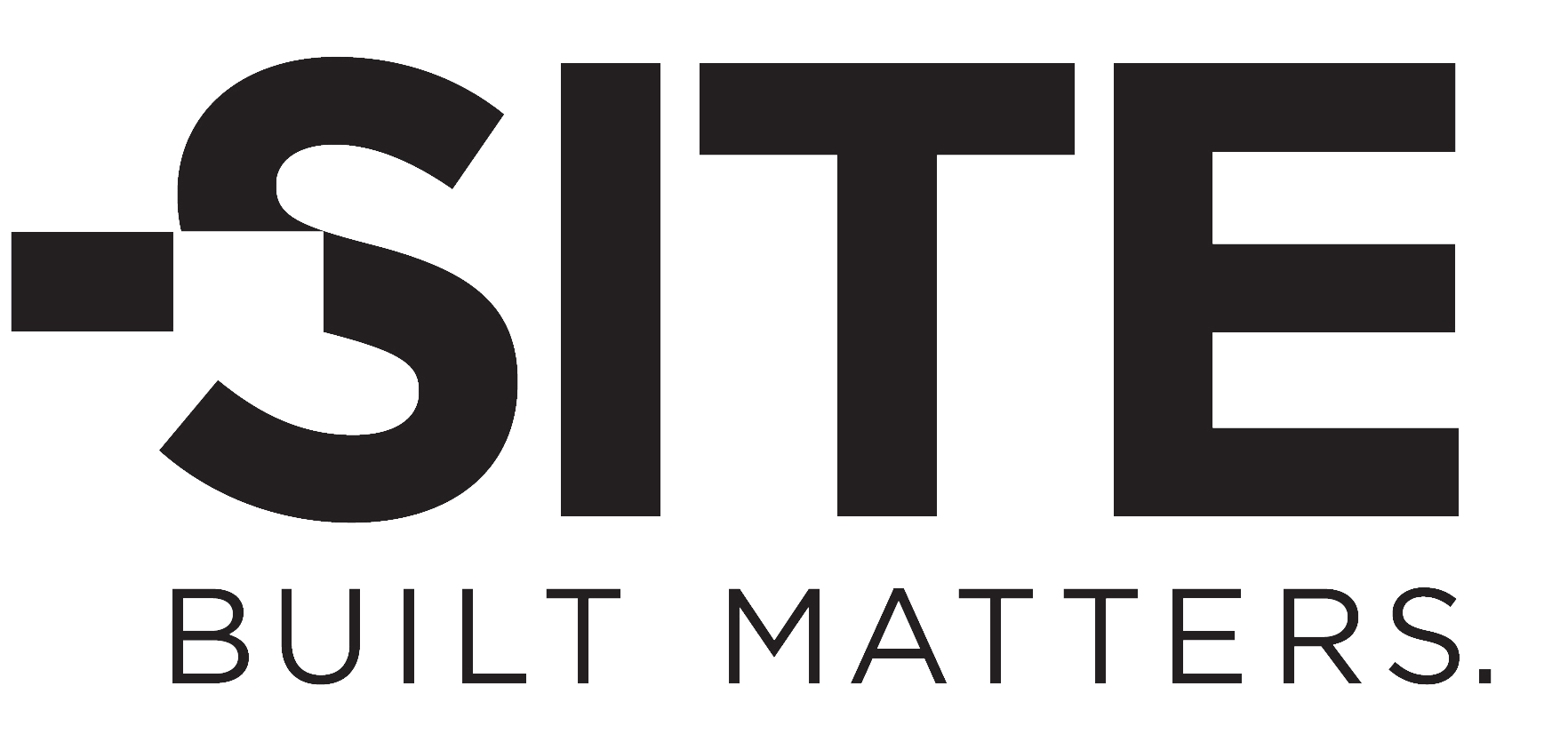Lev Bratishenko // Montreal
Resisting the punitive reversal to the Before Times
Let’s remember the scams. List the “rules” dropped in panic, the things we were told we can’t have, like universal basic income or treating migrants like citizens or banning evictions or getting rid of cars in cities, all of which actually turned out to be things that powerful people just didn’t want us to have. What matters more than the fact this was always true is that it has become harder to deny, at least for a moment.
The smooth surface of the capitalist con has cracked, and you can see wonderful things through the gaps. But they are still exceptions in the state of exception. Most state responses to the pandemic have increased the cruelty that our society is built on. The devaluing of elderly, incarcerated, homeless, and minority lives is all more apparent than before, while the weaponization of social distancing as the new stop and frisk, means testing to avoid “disincentivizing” work, and the forced mobility of “essential workers” is producing a different crisis rather than avoiding one. “Wage labor is itself an institution of confinement,” as Paul Preciado puts it in a brilliant and nourishing essay. Go read it immediately. His call to unplug, and to learn from histories of resistance by minority cultures is so precise that I can only think to add what may be useful soon: evidence.
Of this, there are at least two kinds we can harvest from the bumper crop of 2020: further proof of neoliberal hypocrisy, and the positive exceptions. I am impressed by groups like Art + Museum Transparency, who have been compiling the ways that over 130 museums, mostly in the United States, have responded to the shutdown. The document is an archive of furloughs, health insurance expiry dates, salary cuts, and firings. As others have pointed out, many museums that spent the last decades pivoting to “community” and “education” selected the employees actually doing this work as the first to be terminated—people who were often part-time and already in precarious situations. The list is also a list of those who should be held accountable. It’s a tool for the future, and no decent journalist should ever write about these museums again without checking it.
That’s one way of remembering with intent. But we should never bet against pleasure, and it may be more useful—because hope lasts longer—to gather evidence that we can have what we want. We should be like Francis Tseng at “State of emergency,” collecting examples of everything that has temporarily been made possible. Radicals are faced with the baffling situation that mutant versions of many progressive ideas have suddenly appeared in the real world. These exceptions don’t have to be perfect to still be useful as proofs of our capacity for change, deformed as it will be by the structurally unequal systems we’re working through. And they must be preserved as experiences of life radically otherwise to become sources for new antagonisms and new forms of resistance.
Then there are the temporary empathies and fragile shifts in perspective that need protection from the obliterating rush to normalcy. Bruno Latour published a short essay at the end of March that ends with a questionnaire asking us to identify what parts of life we want and don’t want to return, and also to name what those positive and negative desires imply for others. It’s never been clearer what “normal" costs other humans and non-humans, and it’s up to us to preserve this clarity however we can. Nancy Doyle calls the pandemic disabling for many people who can now experience "an environment that is not ideal for the vast majority rather than an unseen minority.” Briefly shared struggles may be forgotten as lockdowns end, and these personal and fleeting insights are the hardest to record and preserve, but their potential power for social transformation is tremendous.
How we want to use evidence in the future should inform what we collect now. Today, even common feeling is served with anxiety and bewilderment. Crisis is exhausting, and the transformative power of this one may not survive unless it is sustained by structures beyond the individual, by shared witnessing, and by evidence. We'll need a mountain of it to resist the punitive reversal to the Before Times and the lies that are coming.
Author Bio:
Lev Bratishenko is a writer and Curator Public at the Canadian Centre for Architecture, in Montreal. He is @yeslev on twitter, @misanthropocene on instagram.
The author wishes to thank Melania Grozdanoska for her careful reading, and Jess Myers for calling it “the Before Times”.



